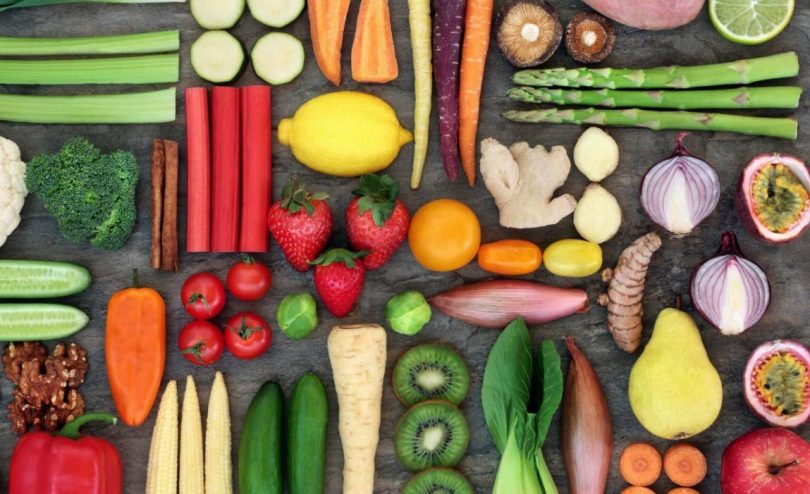In recent years, the plant-based way of eating has become a trend on social media, as well as a basis for scientific research.
Eating plant-based foods can help:
- To improve your gut microbiome.
- Fend off diseases.
- Help those living with health conditions to prevent progression or worsening of their health.
From a financial, environmental, and ethical point of view, plant-based eating can also help to ensure our economic and ecological food prints remain smaller, thereby helping our pockets and our planet.
But, are there risks to “becoming vegan”? Can we actually worsen our health if we are not choosing a proper balance of plant-based foods in our diet?
Plant-based eating vs vegan diet
Let me first explain the difference between plant-based eating and a vegan diet: the former relies on “mostly eating plants” which means that the majority of foods eaten in a day are plants; however, some animal sources may also be present, albeit in smaller quantities. Examples of popular plant-based diets include the DASH (Dietary Approaches to Stop Hypertension) and the Mediterranean Diet.
The vegan diet is only plant-based, which means no dairy products, no eggs, no honey, or any other foods that come from or made by animals. Vegan diets can be sustainable and enjoyable ways of eating; however, do require more cookery and meal planning as using processed vegan products is not always optimal for achieving good nutritional health and balance.
Food for thought
It is important to ask yourself why you wish to follow a plant-based or a vegan diet. Are you aiming for personal health? If so, eating more plants is already a good start if you are not ready to give up meat altogether. Most of us do not get enough fibre, fruits, or vegetables, nor do we consume enough whole grains; therefore, moving toward plant-based foods will actually help us combat associated deficiencies.
However, if you are embarking on plant-based eating for weight loss, or are using vegan convenience foods to equate them with better health, you may be causing yourself a slew of other nutrition deficiencies such as:
- B12
- Omega-3 fatty acids
- Iodine
- Calcium
- Selenium
- Iron
- Zinc
Both restrictive diets, and the use of convenience foods, even though with good plant-based intentions in mind, can result in further nutritional deficiencies.
To supplement or not to supplement
Now, before you go out and purchase bottles of vitamin and mineral pills, please speak to your family doctor. We know that many over-the-counter products may contain levels of vitamins and minerals that are not suitable for your individual health, so speaking to your health care professional before starting any of these products is prudent. It is best to have at least an annual exam (laboratory and other tests) completed to measure your iron, B12, and vitamin D levels, as well as having your fasting blood glucose and cholesterol levels checked.
Diminish the leaf’ing curve
Although plant-based or vegan diet is achievable in a healthy and sustainable way, there is a learning curve associated with changing our dietary habits. A registered dietitian can help to support your health goals and they are only a phone call or email away. Many of us may not be aware of Health Link or 811, a free service where you can speak to a dietitian about your general questions.
If you need more dietitian support, you can seek out a private practice dietitian through BC Dietitians or Dietitians of Canada, where dietitian rates are covered through your private health insurance.
Dietitian practice is rooted in scientific evidence, coupled with food knowledge to help you save money, reduce food waste, and choose more plant-based foods in a way that suits your preferences and cultural food ways. Therefore, meeting with a dietitian is an integral component of any plant-based dietary lifestyle, and can help you better understand where you would like to be with your health balance for years to come.
By Dani Renouf, RD, MSc, CDE, and Renal Resource Dietitian with Providence Health Care’s Clinical Nutrition Services.





